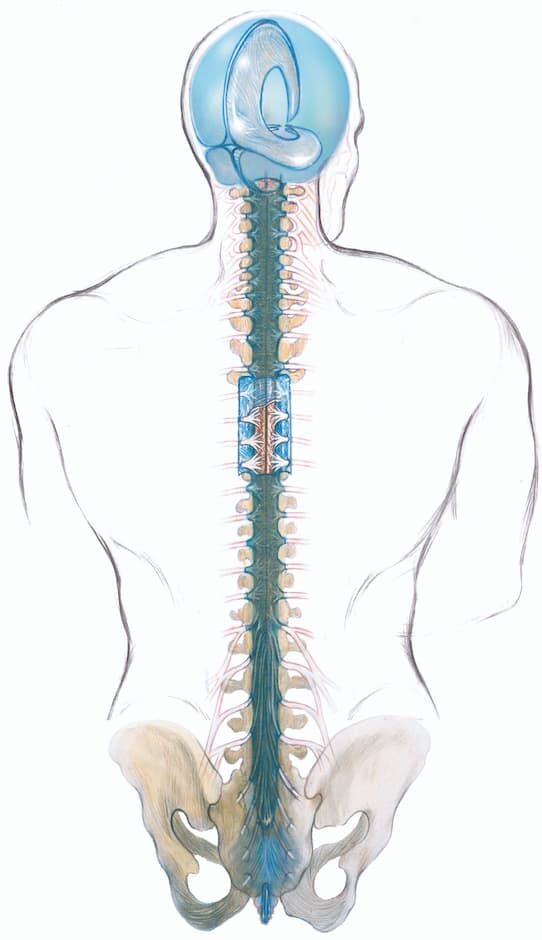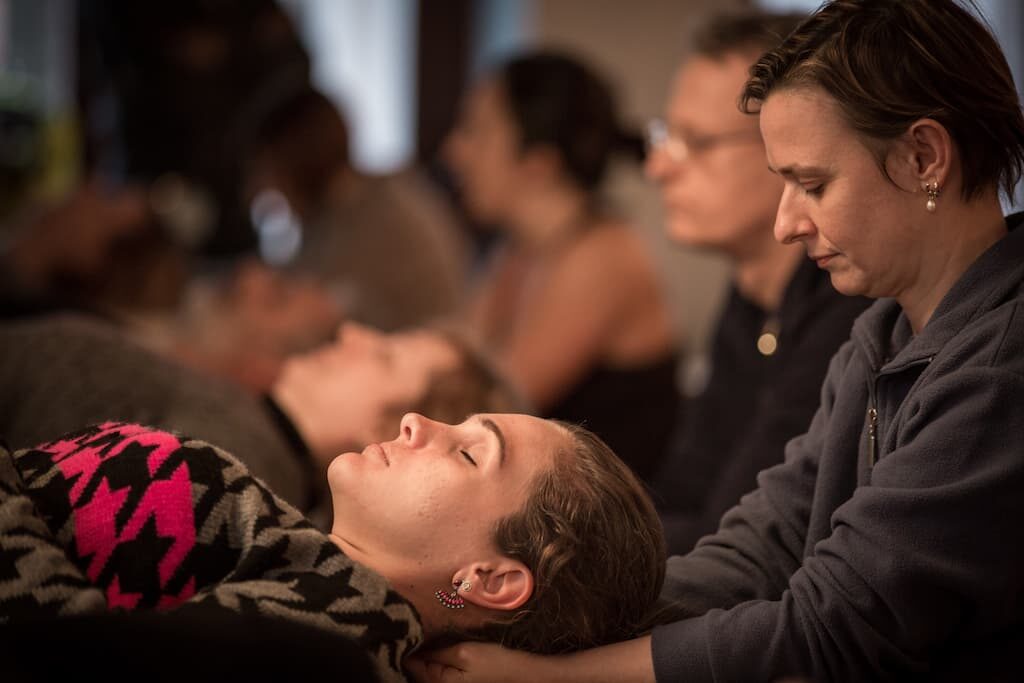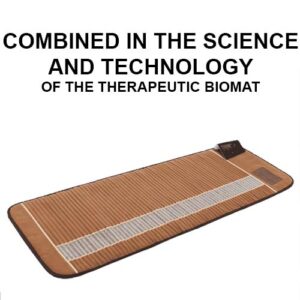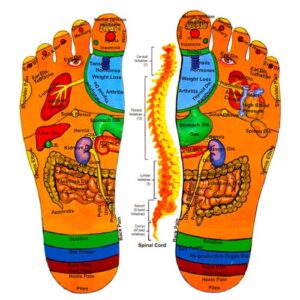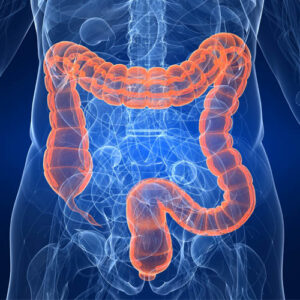CranioSacral Therapy (CST) in Atlanta
CranioSacral Therapy
CranioSacral Therapy (CST) is a gentle, hands-on method of evaluating and enhancing the functioning of a physiological body system called the craniosacral system – comprised of the membranes and cerebrospinal fluid that surround and protect the brain and spinal cord. Using a soft touch generally no greater than 5 grams, or about the weight of a nickel, practitioners release restrictions in the craniosacral system, which has been shown to improve the functioning of the central nervous system, as well as many other systems of the body, such as digestive, musculoskeletal, respiratory, circulatory, and more. CST has also been shown to help with the physical components related to such somatic conditions as Post Traumatic Stress, depression and anxiety.
- Initial Session 75 Min | $159
- Follow Up Sessions 60 Min | $139
Packages available after first assessment
Cranial Sacral Therapy – CST is increasingly used as a preventive health measure for its ability to bolster resistance to disease, and has been shown to be beneficial for people seeking help with a wide range of healthcare challenges and symptoms including:
-
-
Migraines, Headaches: CST may help reduce the frequency and intensity of migraines and headaches by relieving restrictions in the craniosacral system.
-
Chronic Pain: By improving the flow of cerebrospinal fluid and releasing tissue tension, CST can help manage persistent, unexplained pain.
-
Motor-Coordination Impairments: CST supports neuromuscular function and balance, aiding those with movement and coordination difficulties.
-
Central Nervous System Disorders: CST helps regulate the nervous system, offering relief for conditions that disrupt brain and spinal cord function.
-
Orthopedic Problems: CST can complement physical healing by easing connective tissue restrictions and promoting structural alignment.
-
Traumatic Brain Injuries and Concussions: Gentle CST techniques assist in relieving pressure and enhancing recovery after head trauma.
-
Alzheimer’s: CST may support cognitive function and reduce agitation by improving fluid flow and nervous system balance.
-
Spinal Cord Injuries: CST helps release tension in surrounding tissues, promoting comfort and facilitating recovery post-injury.
-
Scoliosis: By gently addressing fascial imbalances, CST can reduce discomfort and support structural alignment in scoliosis.
-
Conception, Pregnancy, Birth: CST helps balance the pelvis and nervous system, supporting fertility, healthy pregnancy, and smoother labor.
-
Pediatric Challenges: CST offers a non-invasive approach to support developmental, behavioral, and physical challenges in children.
-
Learning Differences, ADD, ADHD: CST may improve focus, attention, and processing by calming the nervous system and enhancing brain function.
-
Autism and Sensory Processing: CST helps regulate sensory input and reduce overstimulation in individuals with sensory integration difficulties.
-
Chronic Fatigue: CST can enhance energy levels and reduce exhaustion by supporting the body’s self-healing mechanisms.
-
Emotional Difficulties, Depression: By calming the nervous system, CST may ease emotional tension and lift mood.
-
Stress and Tension-Related Problems: CST encourages deep relaxation, helping to release the physical effects of stress and anxiety.
-
Fibromyalgia and other Connective-Tissue Disorders: CST may reduce widespread pain and increase mobility by addressing fascia and tissue restrictions.
-
Temporomandibular Joint Syndrome (TMJ) and Dental Challenges: CST can relieve jaw tension and support dental alignment and function.
-
Immune Disorders: By reducing stress and enhancing nervous system regulation, CST may help strengthen immune response.
-
Post-Traumatic Stress Disorder: CST provides a gentle way to release trauma stored in the body, supporting emotional and physical healing.
-
Post-Surgical Dysfunction: CST supports recovery by decreasing scar tissue tension and improving tissue mobility.
-
Sleep Challenges: CST promotes nervous system balance and relaxation, aiding in deeper, more restful sleep.
-
SomatoEmotional Release™ (SER) is a therapeutic process that uses and expands on the principles of CST to help a person rid their body of the residual effects of past injuries and negative experiences. SER is based on university research conducted by osteopathic physician John E. Upledger and biophysicist Zvi Karni. Physical forces enter a person’s body at the time of an accident or injury. The injured body may immediately begin dissipating these forces and the natural healing process will follow, or the physical forces imposed upon the person’s body may be retained rather than dissipated.
Drs. Upledger and Karni came to realize that very often the body retained the emotional energy along with the physical force, and called this localized and concentrated area that formed, an “energy cyst.” Initially the body accommodates to the presence of the energy cyst, but over time the body weakens or tires of this accommodation, and can develop symptoms of pain, dysfunction, or emotional stress.
SER facilitates a gentle process for releasing tissue memory, thereby helping the person to decrease the adverse effects of past traumas. There is vast research to show that a change in physical health is accompanied by a change in mental health, and it is equally documented that the reverse is apparent. SER is a holistic mind-body somatic approach that may also assist a person in gaining insight as to how that held trauma is influencing their physical and emotional health. SER can support the person transition from dysfunction and unresolved issues towards wellness and optimal function.
